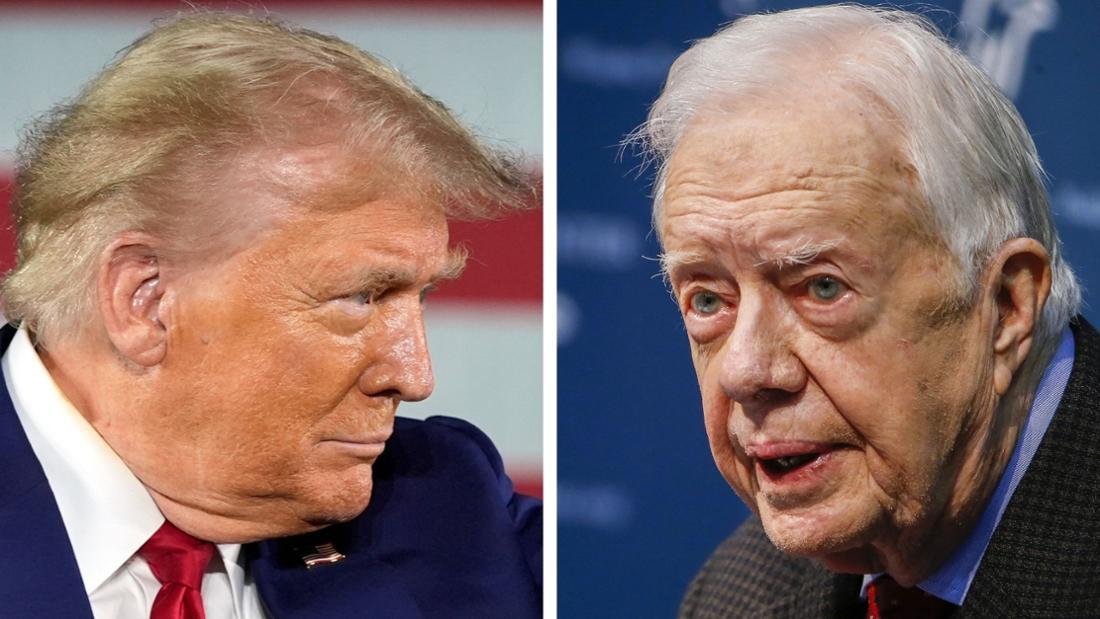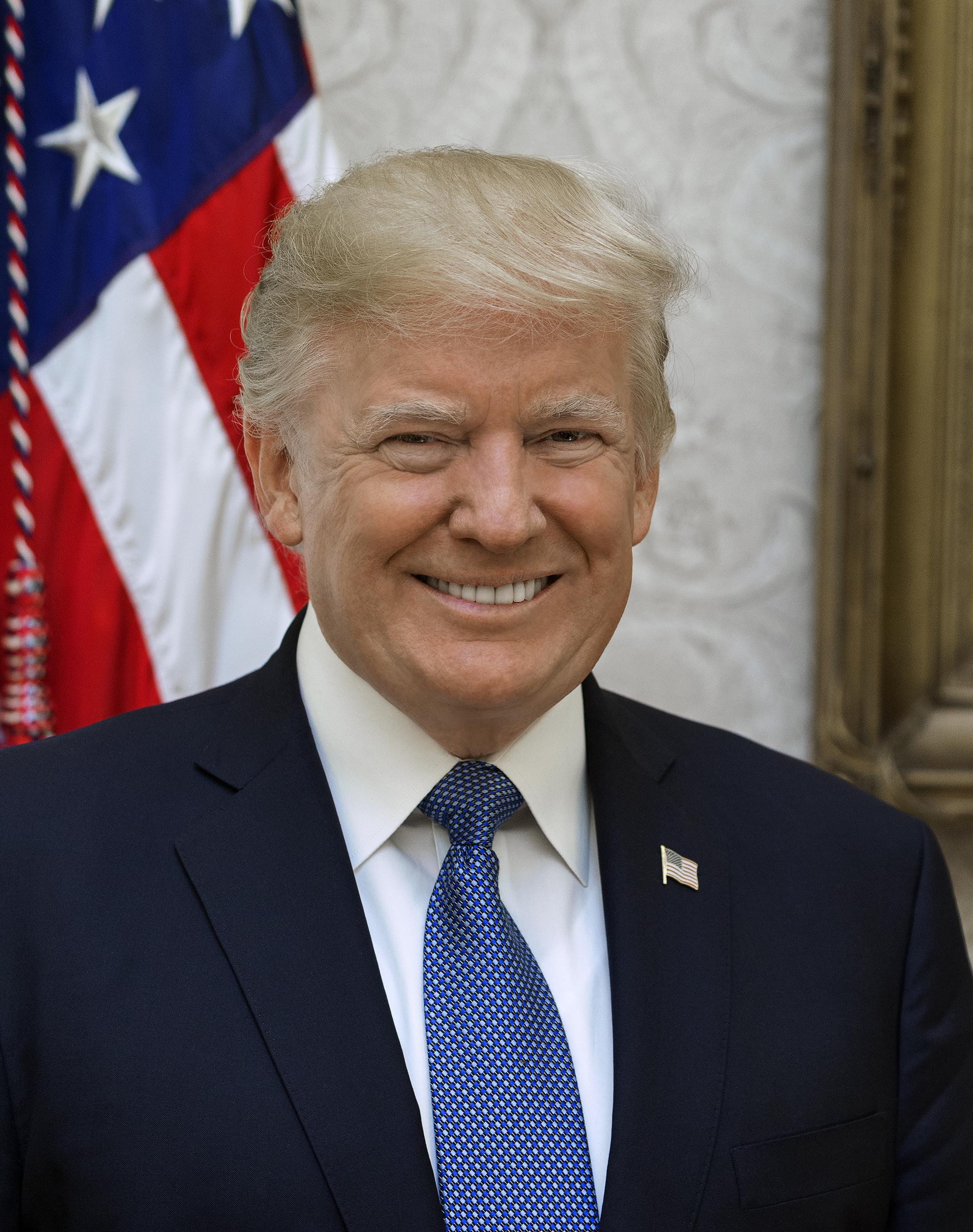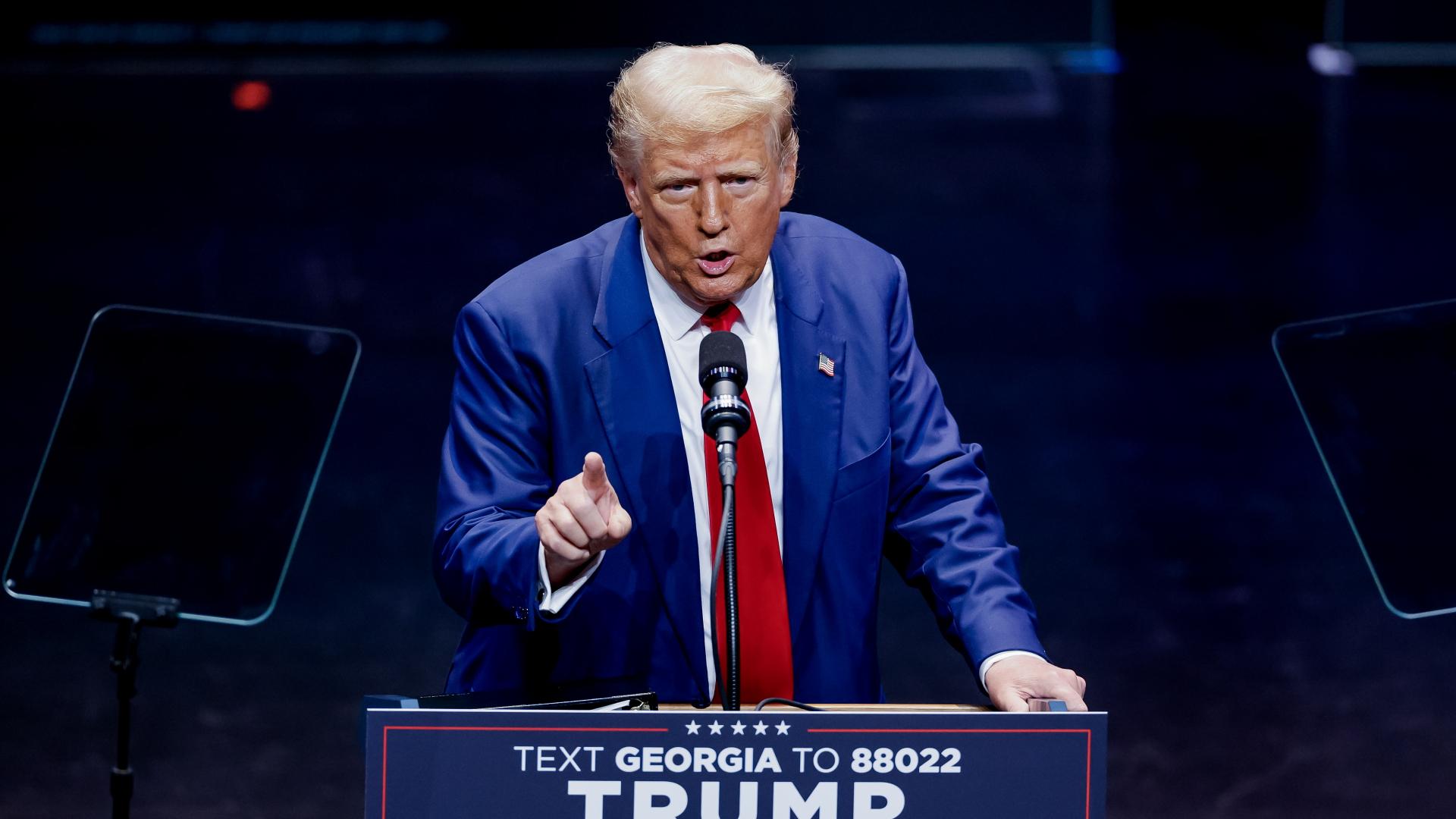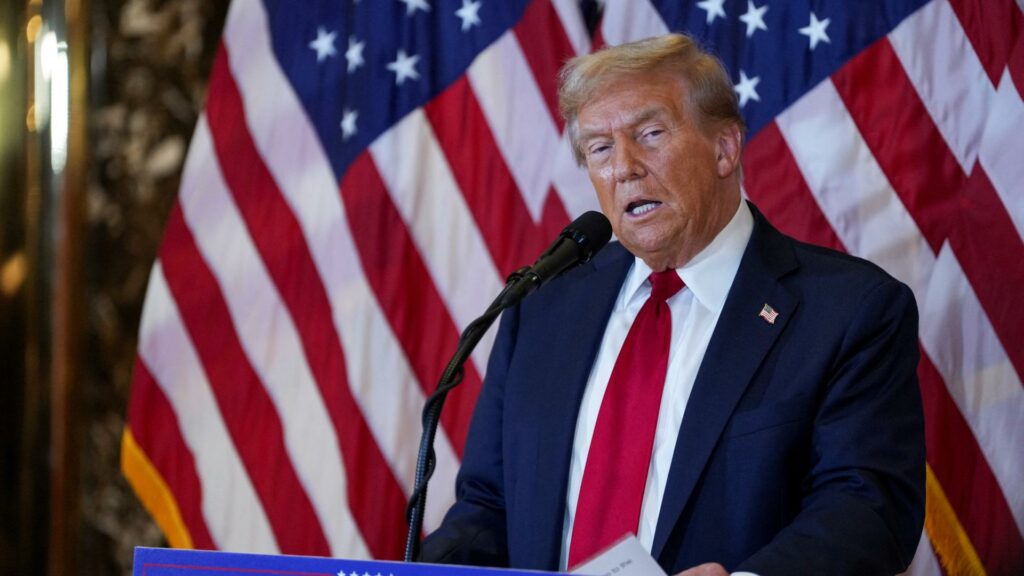In a controversial ruling, recent reports have revealed that former President Donald Trump will be able to exercise his voting rights despite a felony conviction, while millions of other Americans are still facing restrictions. This disparity in voting rights has sparked debate and raised questions about the fairness and equality within the American justice system.
Table of Contents
- Lack of Consistency in Voting Rights for Felons
- Discrepancies in Felon Voting Laws Across States
- Call for Uniform Standards in Felon Voting Rights
- Addressing Inequality in Access to Voting for Former Felons
- Q&A
- Future Outlook

Lack of Consistency in Voting Rights for Felons
The inconsistencies in voting rights for felons in the United States have once again been brought to the forefront with the news that former President Donald Trump is eligible to vote despite his felony conviction. This revelation highlights the stark contrast between the treatment of high-profile individuals like Trump and the millions of other Americans who are disenfranchised due to their criminal histories.
While Trump’s ability to vote may come as a surprise to some, it is just one example of the disparities that exist in the voting rights of felons across the country. In many states, individuals with felony convictions are permanently stripped of their right to vote, even after serving their sentences. This lack of consistency not only perpetuates inequality within the justice system but also undermines the principles of democracy and civic engagement.

Discrepancies in Felon Voting Laws Across States
While former President Donald Trump is able to vote despite his felony conviction, millions of other Americans are disenfranchised due to . This stark contrast highlights the unequal treatment of individuals with criminal records when it comes to their voting rights.
Some states have strict laws that permanently disenfranchise individuals with felony convictions, while others have more lenient policies that allow for the restoration of voting rights upon completion of sentences. This disparity not only affects the individuals directly impacted but also has broader implications for democracy and representation. It raises questions about fairness, equality, and the fundamental right to participate in the democratic process. As the country grapples with these inconsistencies, advocacy groups and lawmakers are pushing for reform to create a more uniform and equitable system for felon voting rights.

Call for Uniform Standards in Felon Voting Rights
With the 2022 midterm elections looming, the issue of felon voting rights has once again come to the forefront. Currently, each state in the U.S. has its own set of rules and regulations regarding whether or not felons are allowed to vote. This patchwork of laws has led to a situation where someone like former President Donald Trump, who was convicted of a felony, can still cast his vote while millions of other Americans are disenfranchised.
Advocates for uniform standards in felon voting rights argue that it is unfair and undemocratic for certain individuals to be able to participate in the democratic process while others are denied that right. By establishing consistent guidelines across all states, we can ensure that every American citizen, regardless of their past mistakes, has the opportunity to have their voice heard at the ballot box.

Addressing Inequality in Access to Voting for Former Felons
It’s a glaring reality that former President Donald Trump can exercise his right to vote despite his felony conviction, while millions of other Americans continue to face barriers in accessing their voting rights. This stark inequality in voting access for former felons highlights a pressing issue that demands attention and action from policymakers across the nation.
As we grapple with the implications of this disparity, it is imperative to advocate for reforms that ensure all citizens, regardless of their criminal history, can participate in our democracy. By addressing this systemic injustice and implementing policies that promote inclusive voting practices, we can strive towards a more equitable and democratic society for all individuals.
Q&A
Q: What is the focus of the USA TODAY article “Opinion: Trump can vote despite his felony conviction. Millions of other Americans can’t”?
A: The article focuses on the discrepancies in voting rights for individuals with felony convictions, particularly highlighting the case of former President Donald Trump.
Q: Why is it significant that Trump can vote despite his felony conviction?
A: This is significant because it raises questions about the unequal treatment of individuals with felony convictions when it comes to voting rights, highlighting a larger issue surrounding criminal justice reform.
Q: How does the article address the broader implications of voting rights for individuals with felony convictions?
A: The article discusses how the disenfranchisement of individuals with felony convictions disproportionately affects marginalized communities and perpetuates systemic inequalities within the criminal justice system.
Q: What potential solutions does the article suggest to address these disparities in voting rights?
A: The article suggests implementing voting rights restoration for individuals with felony convictions, as well as reevaluating the laws and policies that contribute to their disenfranchisement.
Q: What is the overall message of the article regarding voting rights for individuals with felony convictions?
A: The article highlights the need for reform to ensure that all American citizens, including those with felony convictions, have equal access to their fundamental right to vote.
Future Outlook
the case of President Trump’s eligibility to vote despite his felony conviction serves as a stark reminder of the disparities within the American justice system. While he may be able to exercise his democratic right, millions of other Americans are disenfranchised due to their criminal past. As debates around voting rights continue to unfold, it is crucial to consider the implications of unequal access to the ballot box and work towards a more equitable and inclusive democracy for all citizens. Stay tuned for more updates on this ongoing discussion. Thank you for reading.
